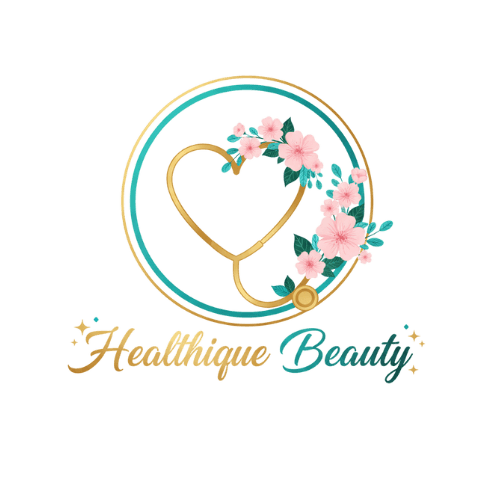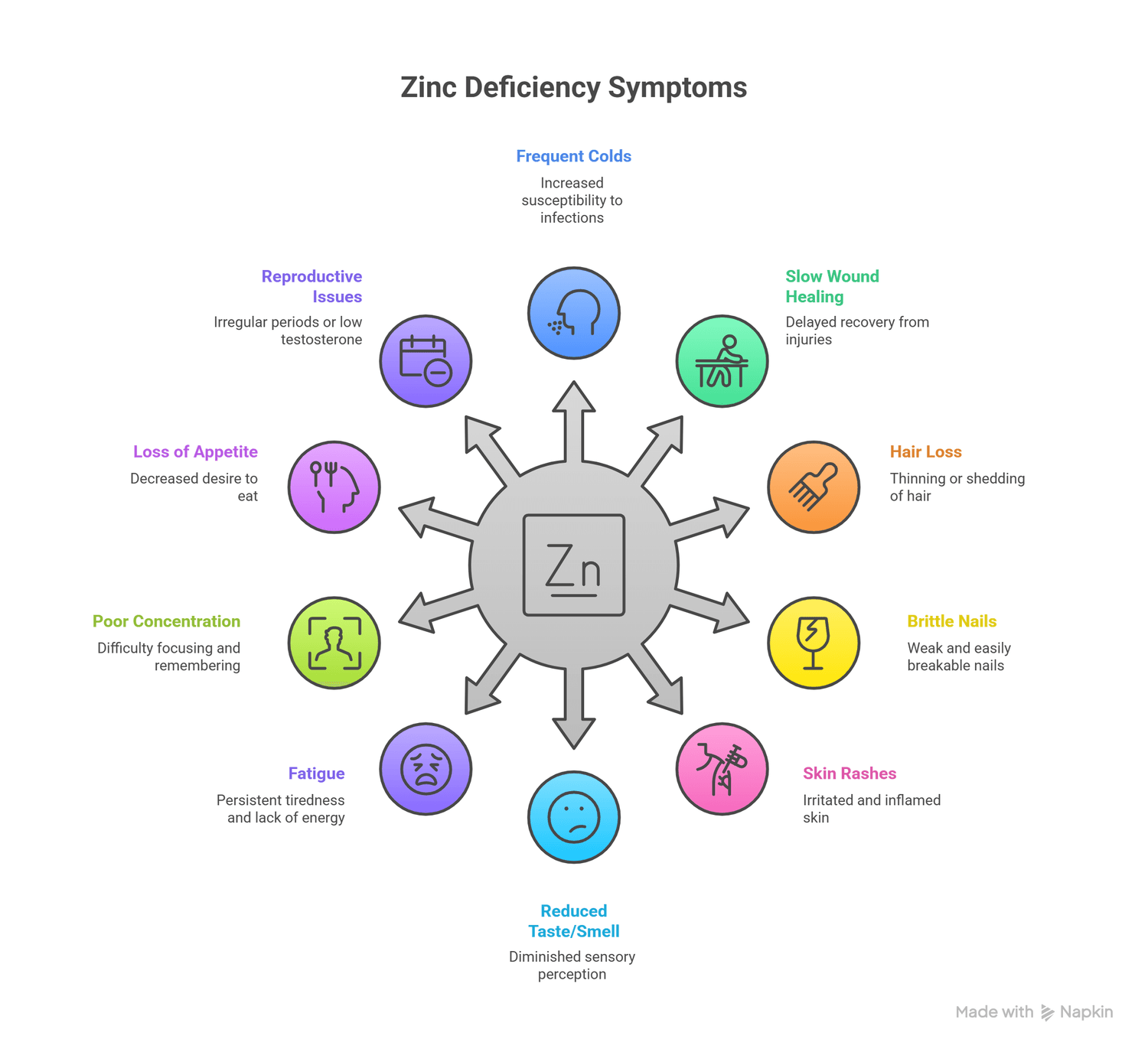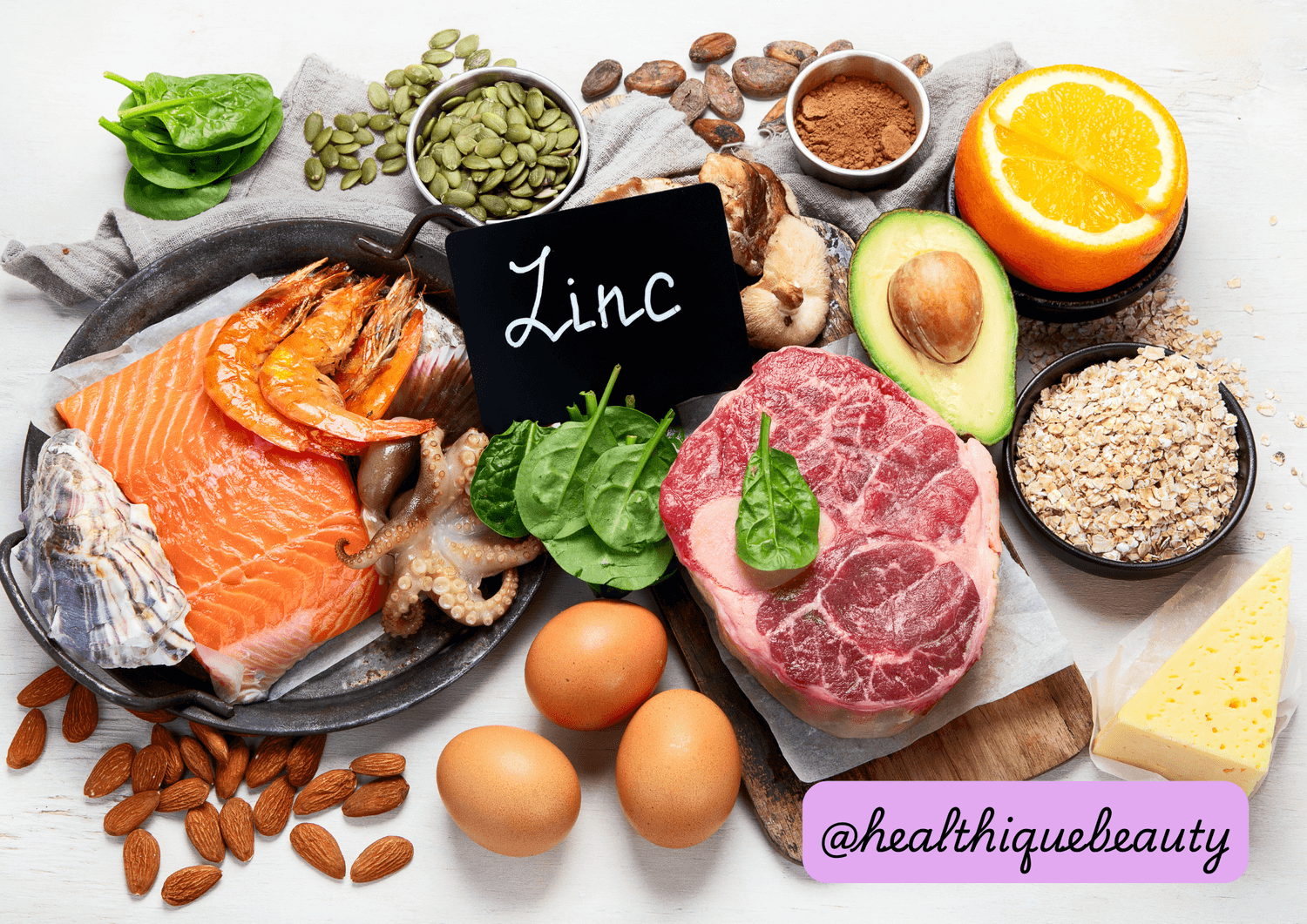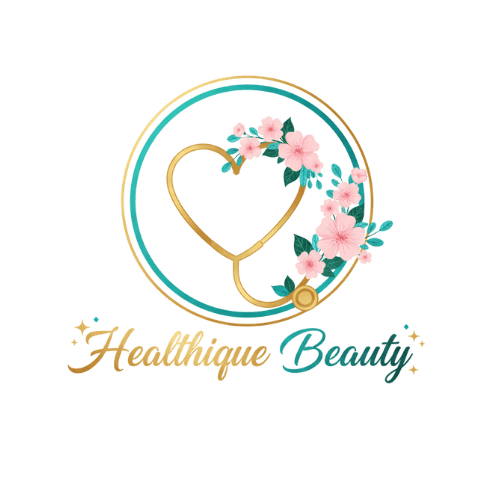
Zinc: The Mighty Mineral for Immunity, Energy, and Glowing Skin
Zinc: The Mighty Mineral Behind Strong Immunity, Healthy Skin, and Vital Energy
When we talk about essential minerals for health, zinc often doesn’t get the spotlight it deserves — yet it quietly plays a vital role in nearly every cell of your body.
From supporting your immune system to promoting skin repair, hormone balance, and metabolism, zinc is truly one of nature’s most powerful nutrients.
In this article, we’ll explore everything you need to know about zinc — its key functions, sources, deficiency signs, and how to maintain healthy levels naturally.
What Is Zinc and Why Do We Need It?
Zinc is an essential trace mineral, meaning your body can’t produce or store it in large amounts — you must get it regularly through your diet.
Despite being needed in small quantities, it’s a cofactor for over 300 enzymes involved in critical biological functions such as:
DNA synthesis and cell division
Immune system function
Protein and wound healing
Hormone production (especially insulin, testosterone, and thyroid hormones)
Sensory functions like taste and smell
Because of its vast influence, zinc is essential for growth, reproduction, metabolism, and defense against diseases.
The Health Benefits of Zinc
1. Strengthens Your Immune System
One of zinc’s most powerful roles is defending the body against infections.
It supports the production of white blood cells that fight pathogens and helps regulate inflammation.
People with low zinc levels are more prone to colds, flu, and slow recovery from infections.
Studies show that zinc lozenges can reduce the duration of common cold symptoms by up to 30% when taken at the first sign of illness.
2. Promotes Wound Healing and Skin Health
Zinc plays a crucial role in collagen formation and tissue repair, making it vital for wound healing, acne control, and healthy skin.
That’s why it’s often used in creams for diaper rash, burns, and acne.
People with acne or eczema may have lower zinc levels, and supplementation has shown improvement in inflammatory skin conditions.
3. Supports Hormonal Balance and Fertility
Zinc is essential for both male and female reproductive health.
In men, it contributes to testosterone production and sperm quality.
In women, it helps regulate ovulation, hormone balance, and menstrual cycle health.
Deficiency can lead to hormonal irregularities, infertility, and reduced libido.
4. Boosts Brain Function and Mood
Zinc affects the brain’s neurotransmitters, helping regulate mood, memory, and cognitive function.
Research has linked low zinc levels to an increased risk of depression and brain fog.
Maintaining optimal zinc levels supports mental clarity, concentration, and emotional stability.
5. Aids Metabolism and Energy Production
Every cell in your body needs zinc to metabolize carbohydrates, fats, and proteins efficiently.
It supports thyroid function and insulin regulation, both of which directly influence energy levels.
Without enough zinc, you may experience fatigue, poor appetite, and difficulty maintaining a healthy weight.

Signs and Symptoms of Zinc Deficiency
Zinc deficiency is more common than most people realize, especially among vegetarians, pregnant women, and the elderly.
Common signs include:
Frequent colds or slow wound healing
Hair loss and brittle nails
Acne or skin rashes
Reduced sense of taste or smell
Fatigue or lack of energy
Poor concentration
Loss of appetite
Reproductive issues (irregular periods or low testosterone)
In severe cases, deficiency can impair growth and immune function in children.

Best Food Sources of Zinc
The good news is that you can get enough zinc through a balanced diet.
Here are some of the richest natural sources:
Animal Sources (highly absorbable zinc):
Beef, lamb, and chicken
Oysters (one of the highest sources of zinc)
Crab and shrimp
Eggs and dairy products
Plant Sources (lower absorption, but still valuable):
Pumpkin seeds and sesame seeds
Cashews, almonds, and peanuts
Lentils, chickpeas, and beans
Whole grains and fortified cereals
If you follow a vegetarian or vegan diet, consider soaking, sprouting, or fermenting legumes and grains to reduce phytates, compounds that block zinc absorption.

How Much Zinc Do You Need Daily?
The Recommended Dietary Allowance (RDA) for zinc varies by age and gender:
The amount of zinc your body needs each day depends on your age, gender, and specific health needs.
For most adult men, the recommended dietary allowance (RDA) is about 11 milligrams per day.
Adult women generally need around 8 milligrams daily, while pregnant women require a little more — about 11 milligrams per day to support fetal growth and immune health.
For breastfeeding women, the need increases slightly to around 12 milligrams daily to ensure both mother and baby get adequate amounts.
Excess zinc intake (above 40 mg per day for adults) can interfere with copper absorption and cause nausea, headaches, or immune suppression — so moderation is key.
Zinc Supplements: When and How to Take Them
If your diet is low in zinc-rich foods or you have absorption issues, supplements can be beneficial.
Forms like zinc gluconate, zinc citrate, or zinc picolinate are highly absorbable.
For best results:
Take zinc with food to avoid stomach upset.
Avoid taking zinc together with iron or calcium, as they compete for absorption.
Always follow dosage instructions and consult your doctor before starting supplements.
Who Needs Extra Zinc the Most?
Certain groups are at higher risk of zinc deficiency and may benefit from extra intake:
Pregnant and breastfeeding women (increased demand)
Vegetarians and vegans (lower absorption)
People with digestive disorders like Crohn’s disease or celiac disease
Individuals with chronic illnesses (diabetes, liver, or kidney disease)
Athletes (higher losses through sweat)
Takeaway: Small Mineral, Big Impact
Zinc might be a trace element, but its impact on your health is massive.
From your skin and hormones to immunity and energy — every system in your body relies on it.
Ensuring you get enough zinc through a healthy diet or supplements (when needed) can help you stay strong, vibrant, and resilient against illness.
So, next time you plan your meals, remember this mighty mineral that quietly powers your body every day.
